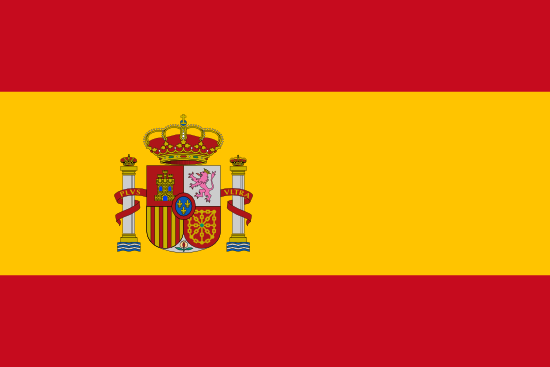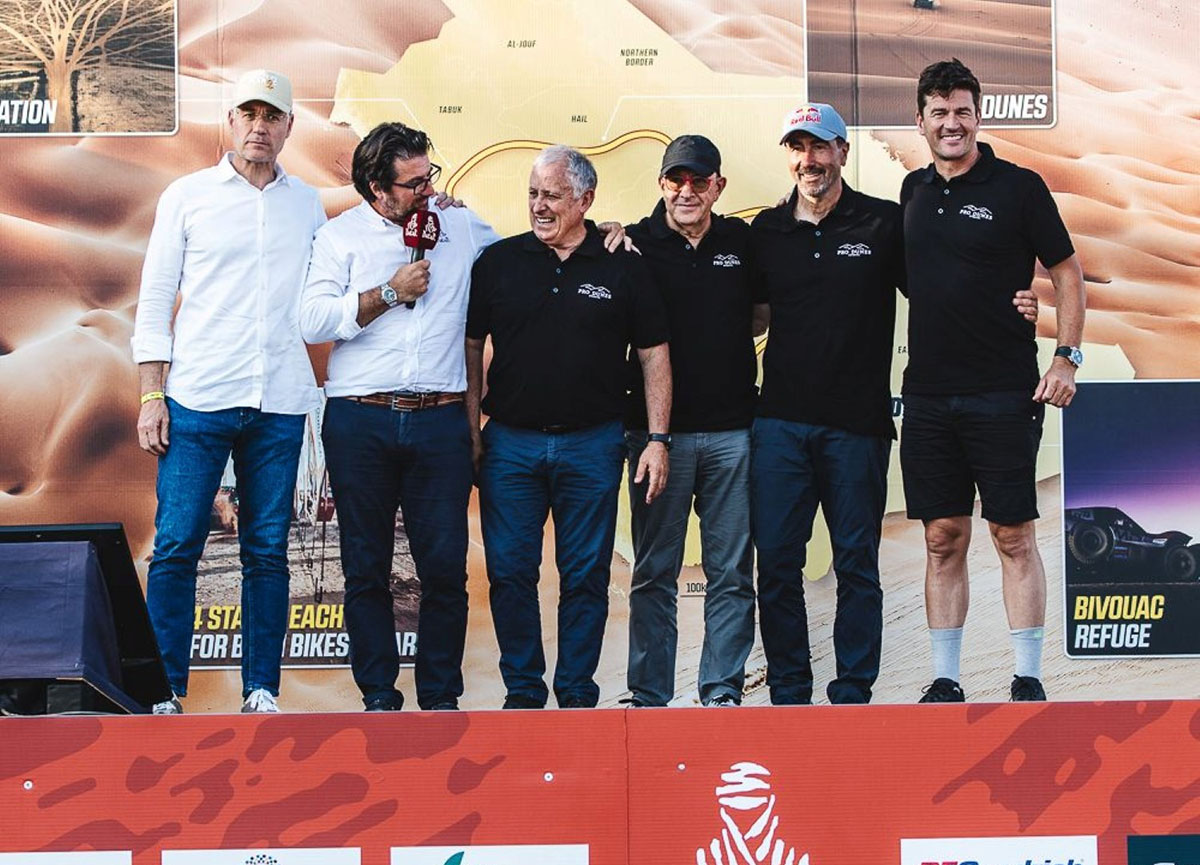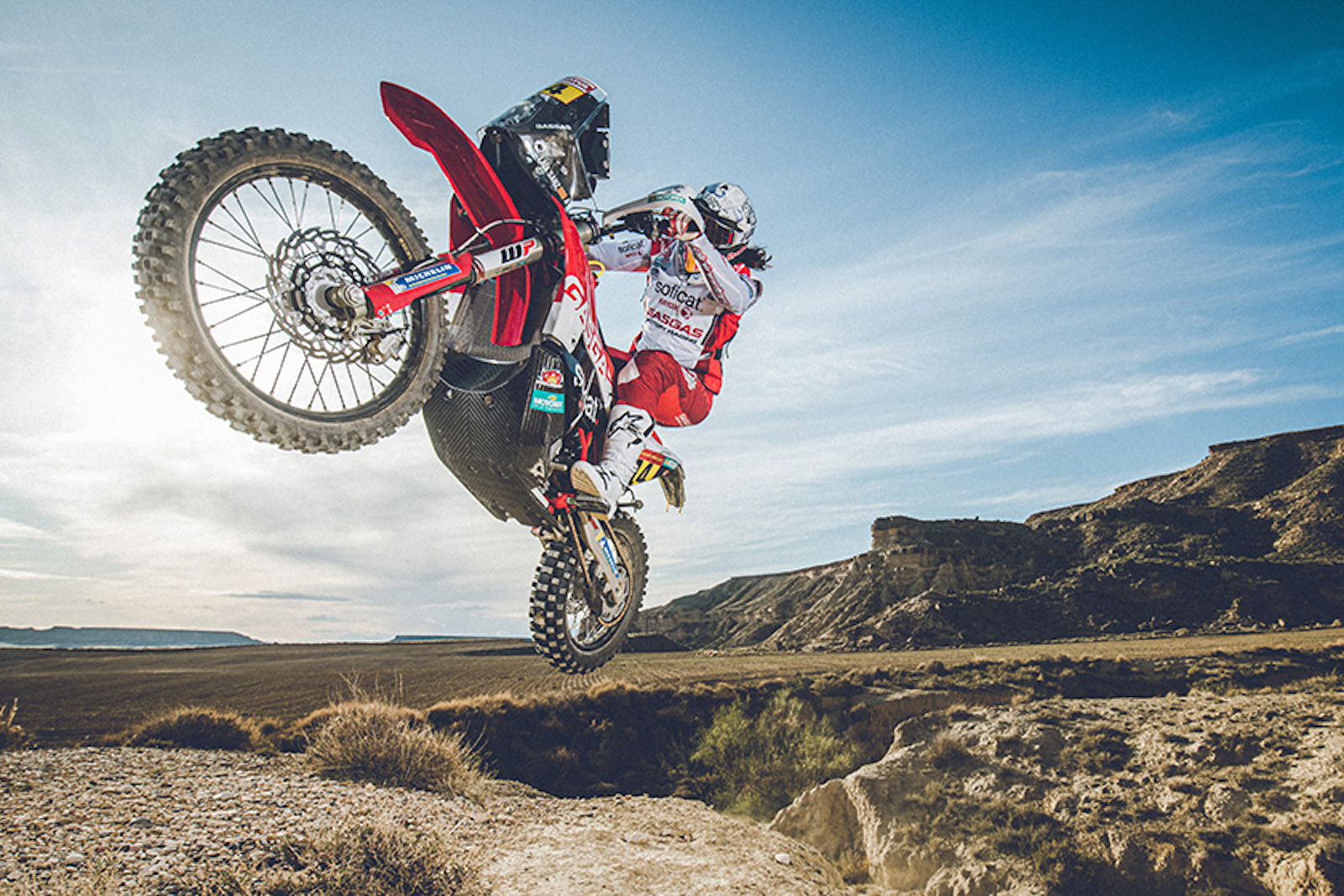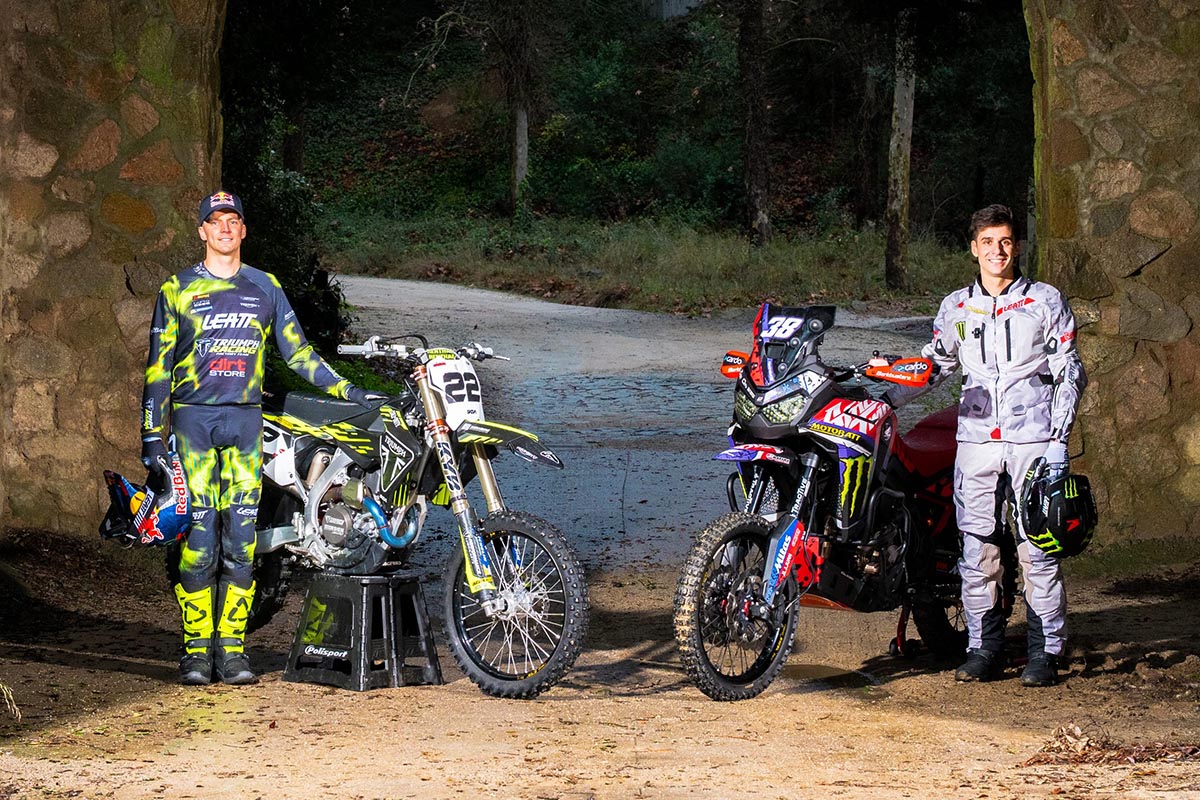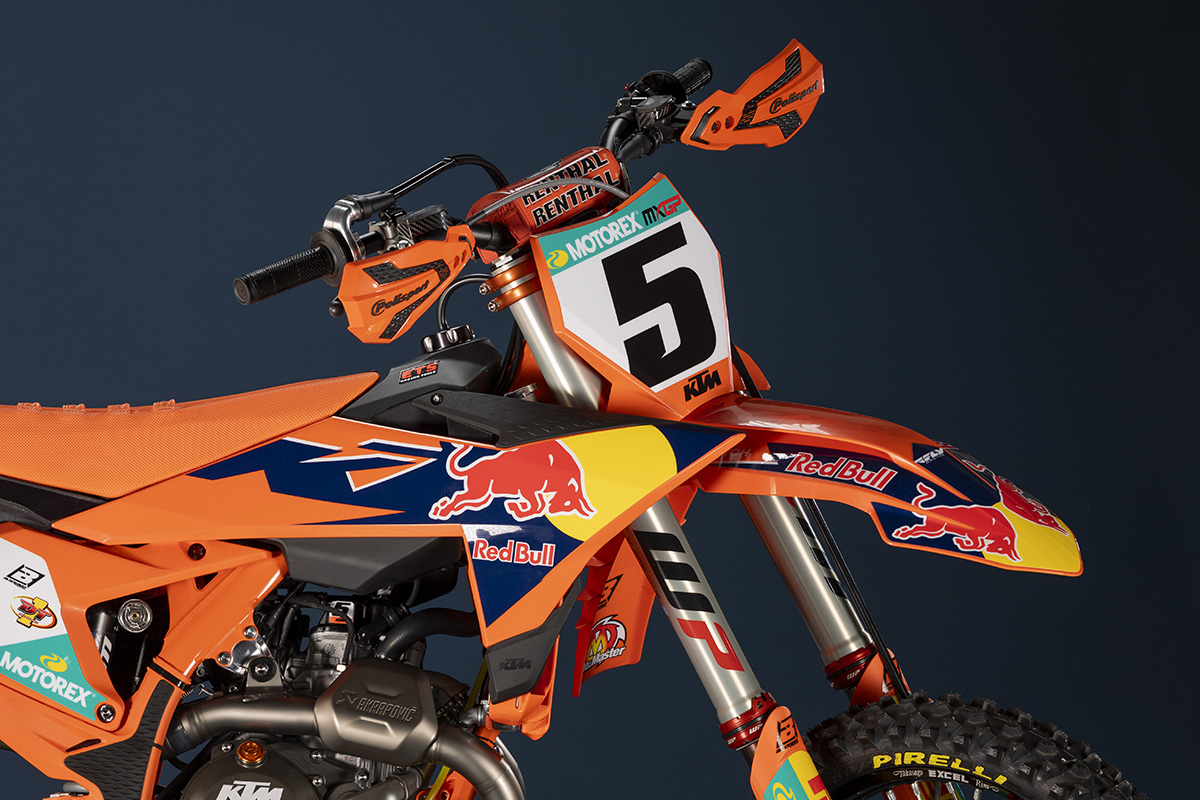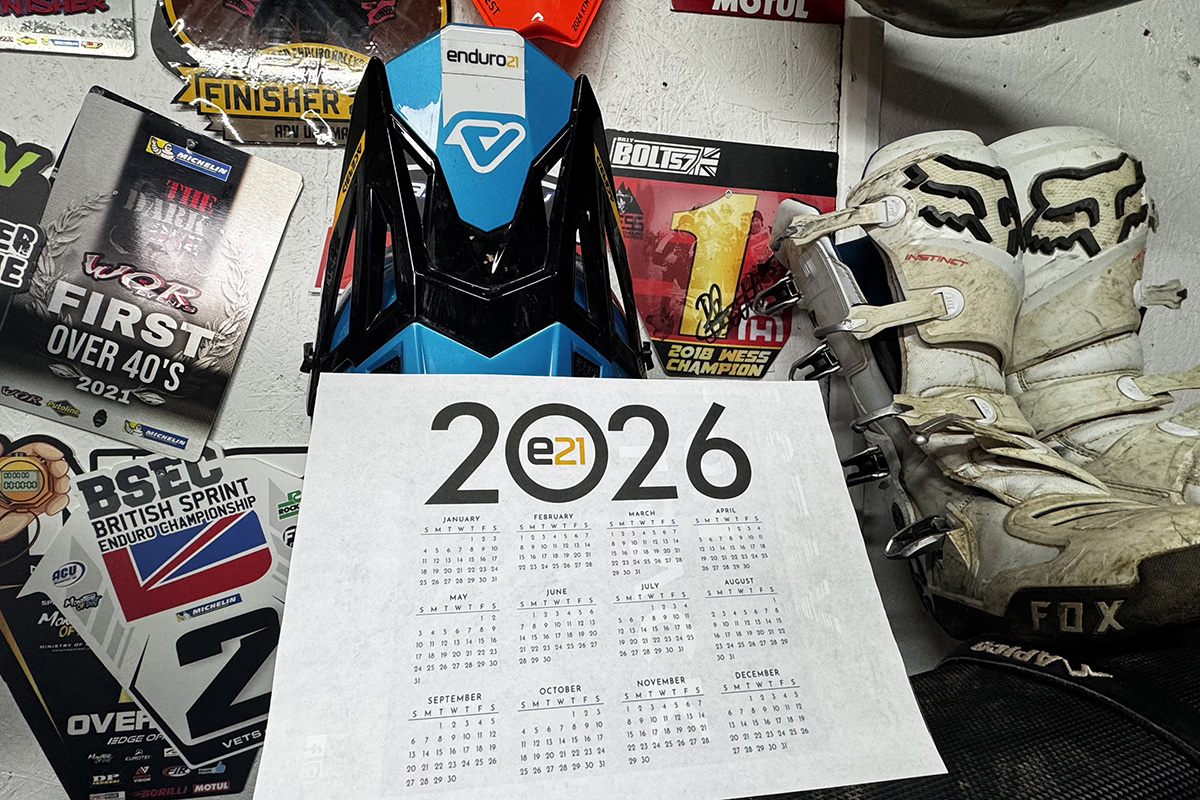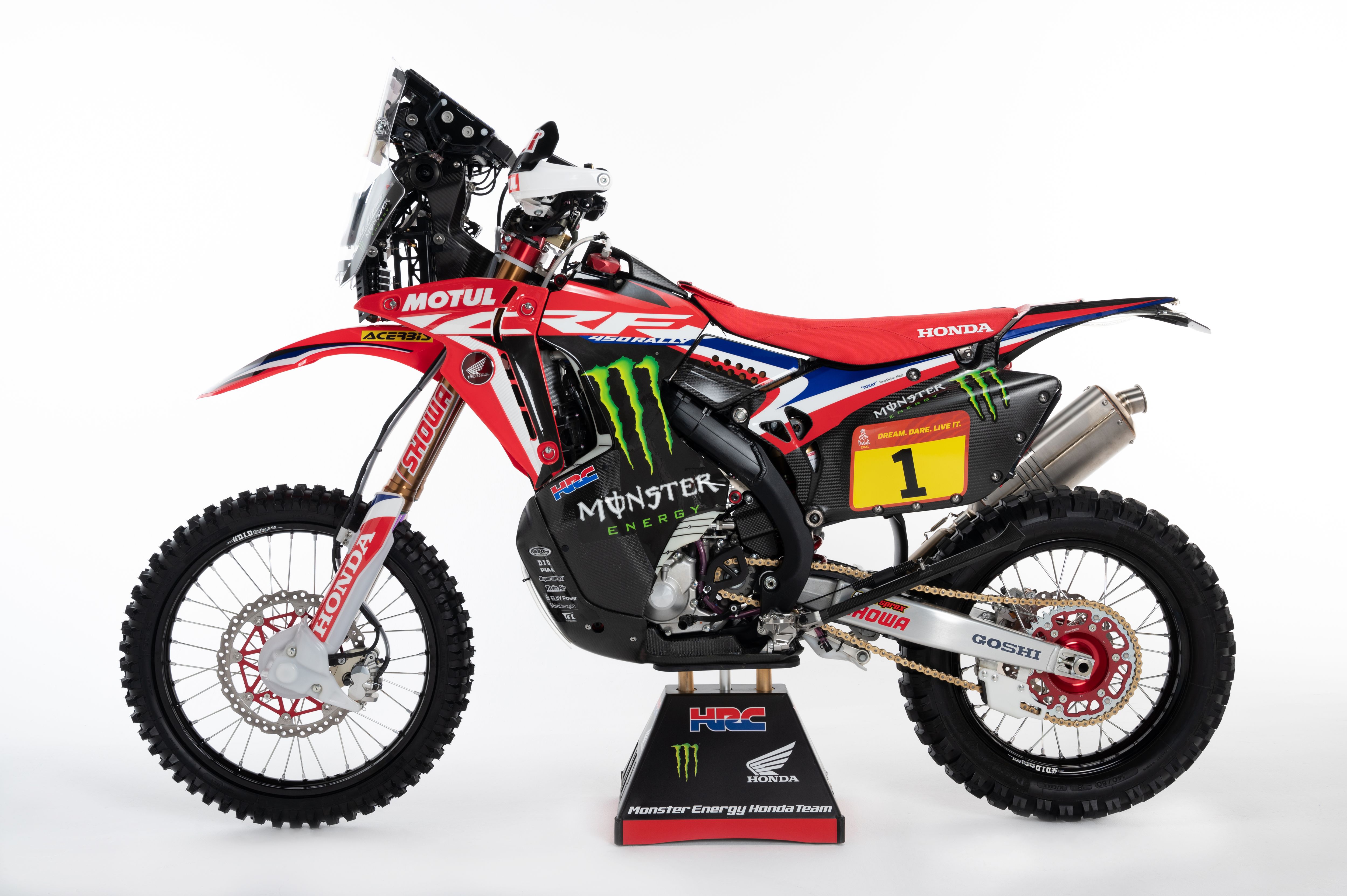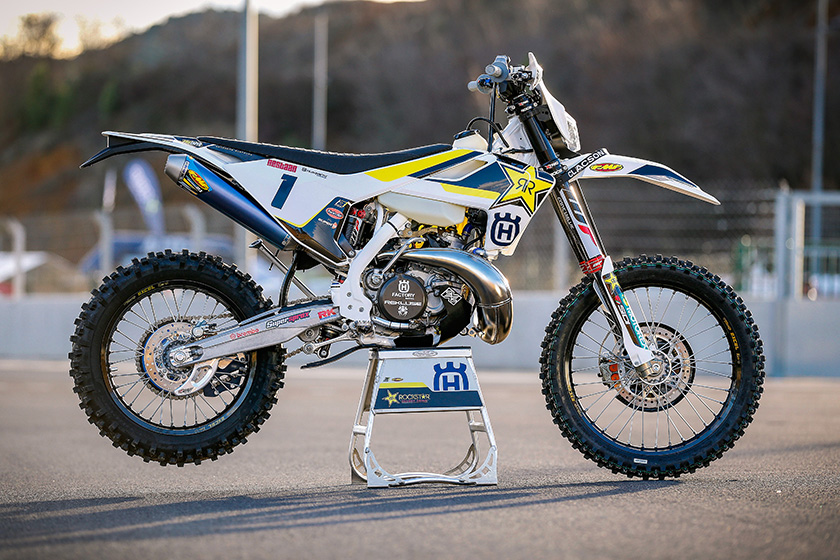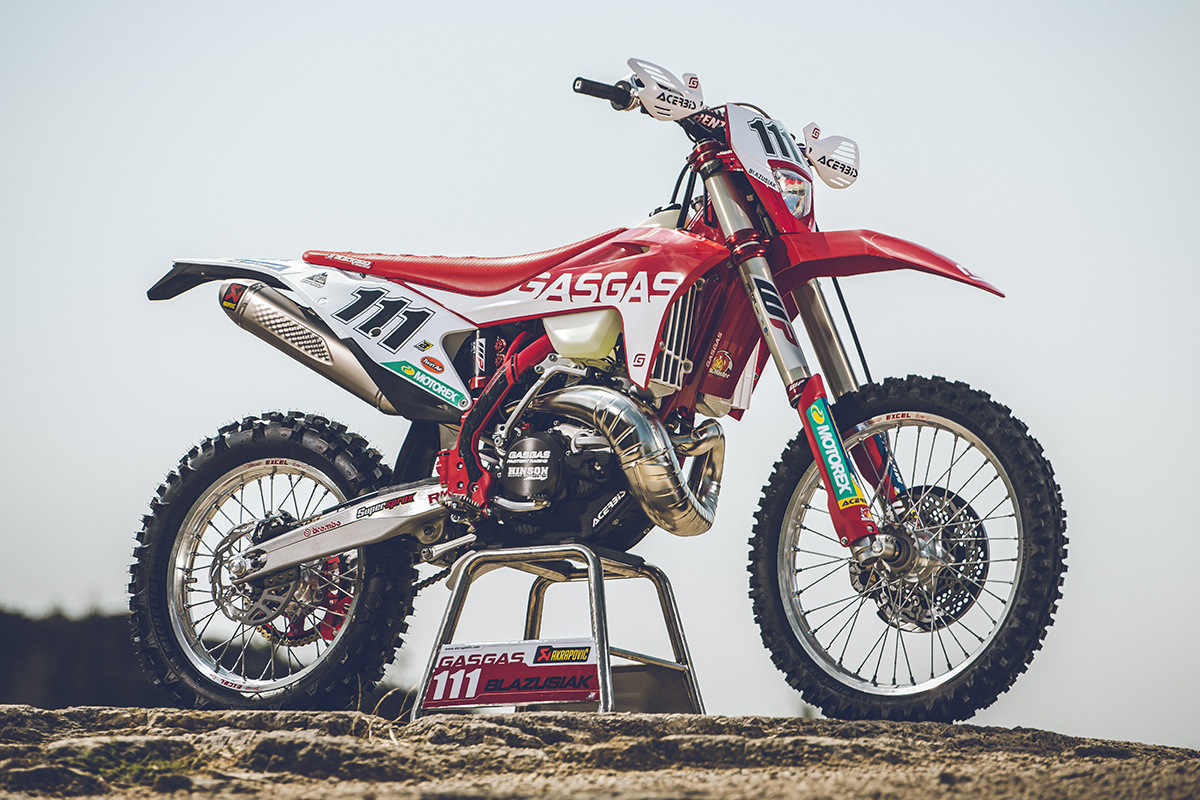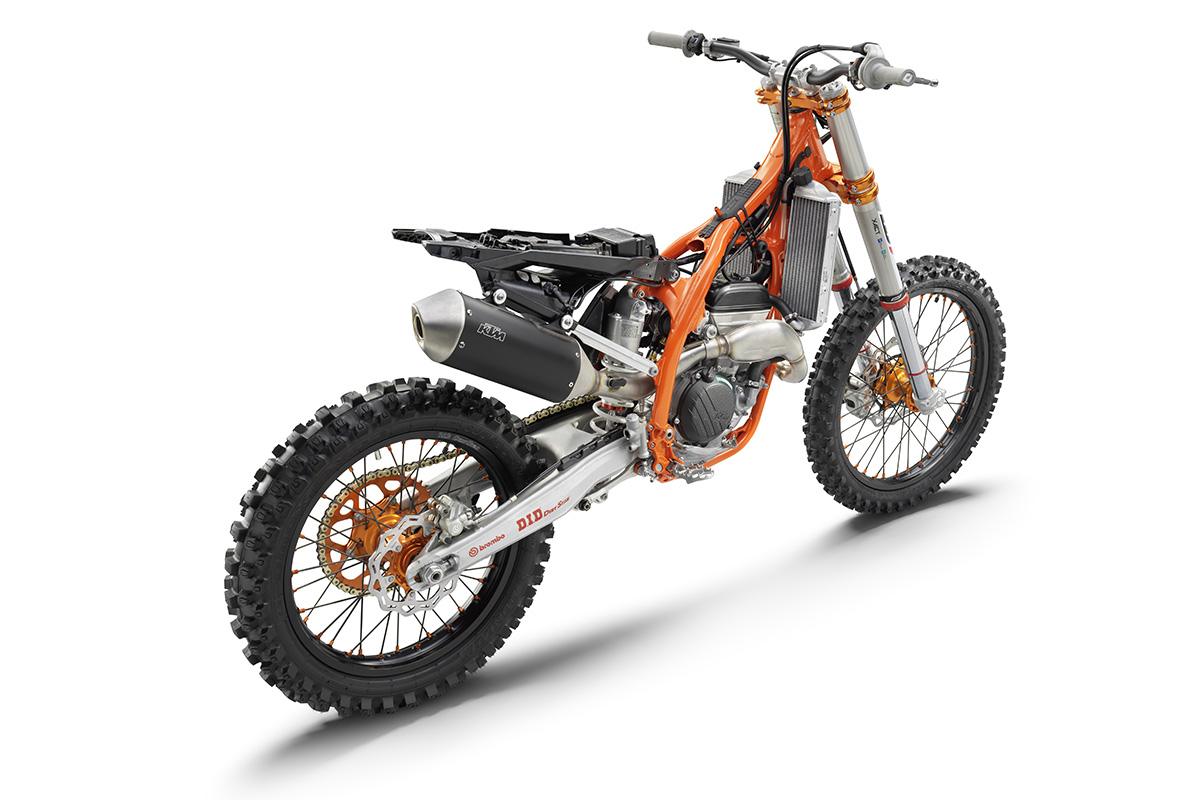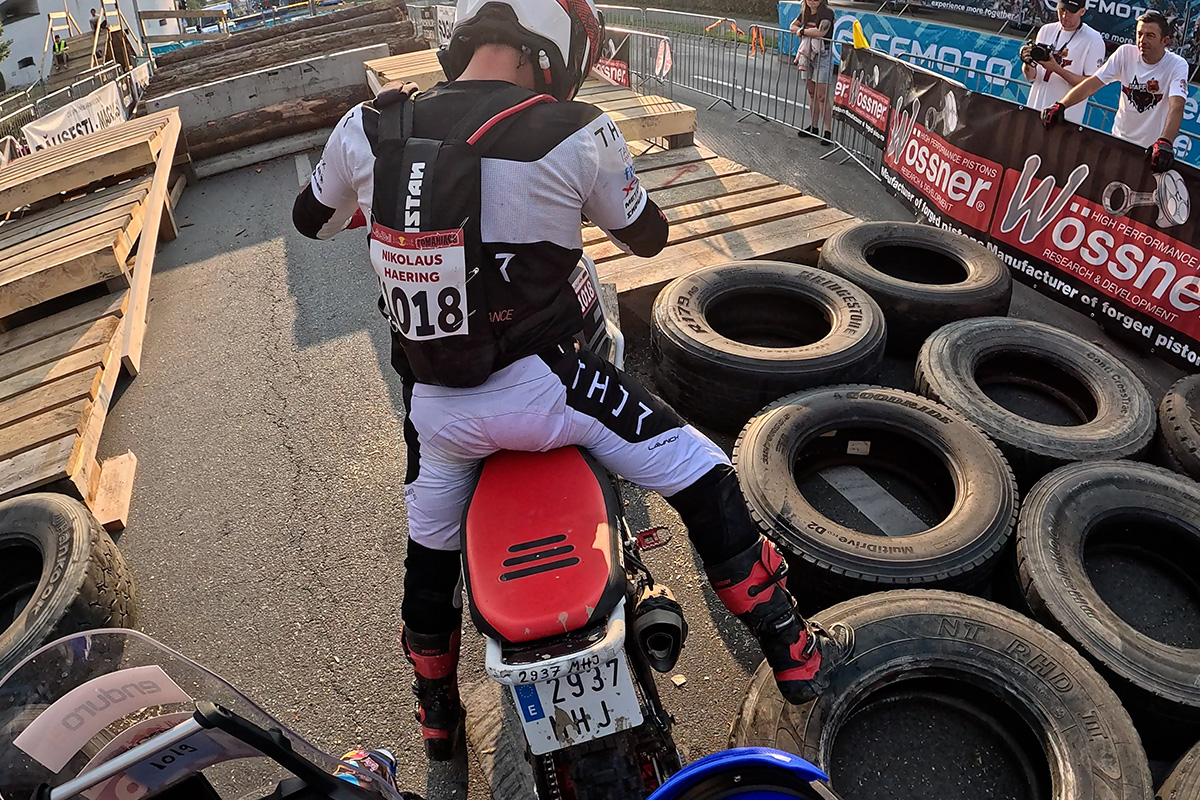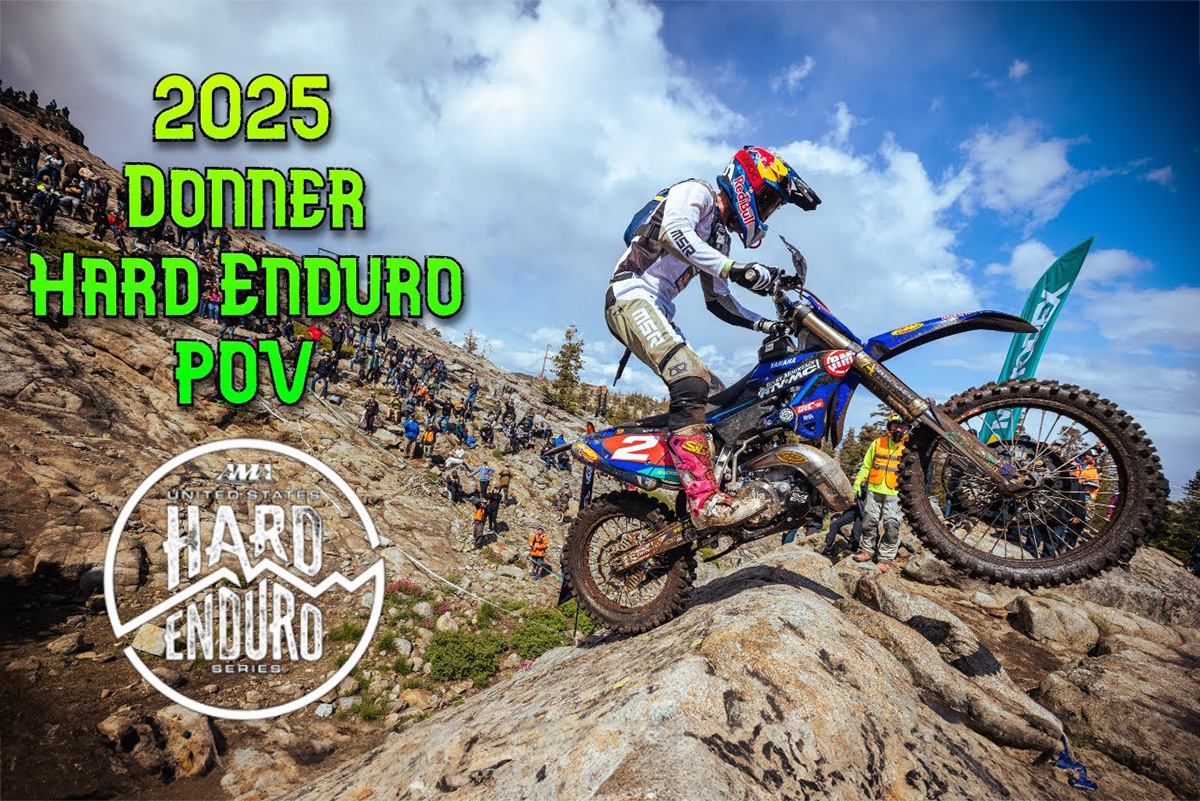Dakar 2026: Marc Coma New Rallye du Maroc Race Director and Dakar Route Makeover
The official presentation of the 2026 Dakar Rally at Les Comes (Súria, Barcelona) delivered two major headlines: Marc Coma returns to the rally-raid world as Morocco Rally Director, and the iconic Dakar will feature a revamped route next year, kicking off on 3 January in Yanbu, Saudi Arabia.
Marc Coma, a five-time Dakar champion, has stepped back into the rally-raid spotlight — not on the bike, but behind the scenes this time as takes up the role of Race Director of the Rallye du Maroc, scheduled for 10–17 October 2024, an event widely seen as the key dress rehearsal for the Dakar itself.
At an event presenting the 48th Dakar, and in a week where the 2026 World Rally-Raid Championship has been revealed, the five stage, 2299 kilometres Morocco Rally or Rallye du Maroc also announced Coma will take over from David Castera under the direction of Pro Dunes, the rally’s new promoter, replacing ODC Events.
Pro Dunes brings together some heavyweight figures from the motorsport world: Pep Vila, renowned for his logistics expertise across MotoGP events; Manel Arroyo, a pivotal player at Dorna Sports; and Francisco Gracia, CEO of Himoinsa. The trio’s experience is expected to solidify Morocco’s role as a cornerstone of the World Rally-Raid Championship.
Coma, who previously served as Dakar’s Sporting Director during its South American era and more recently stepped down as General Manager of KTM Spain, says: “I’m bringing all my experience to the table to help drive the race forward and boost its international profile.”
Dakar 2026: New Loop Format, No Empty Quarter
Coma’s announcement came alongside the reveal of the Dakar 2026 route, which will mark the rally’s 48th edition and its seventh consecutive year in Saudi Arabia. Organisers Amaury Sport Organisation (ASO) unveiled a redesigned course that aims to improve both sporting challenge and logistical efficiency at this coming year’s event.
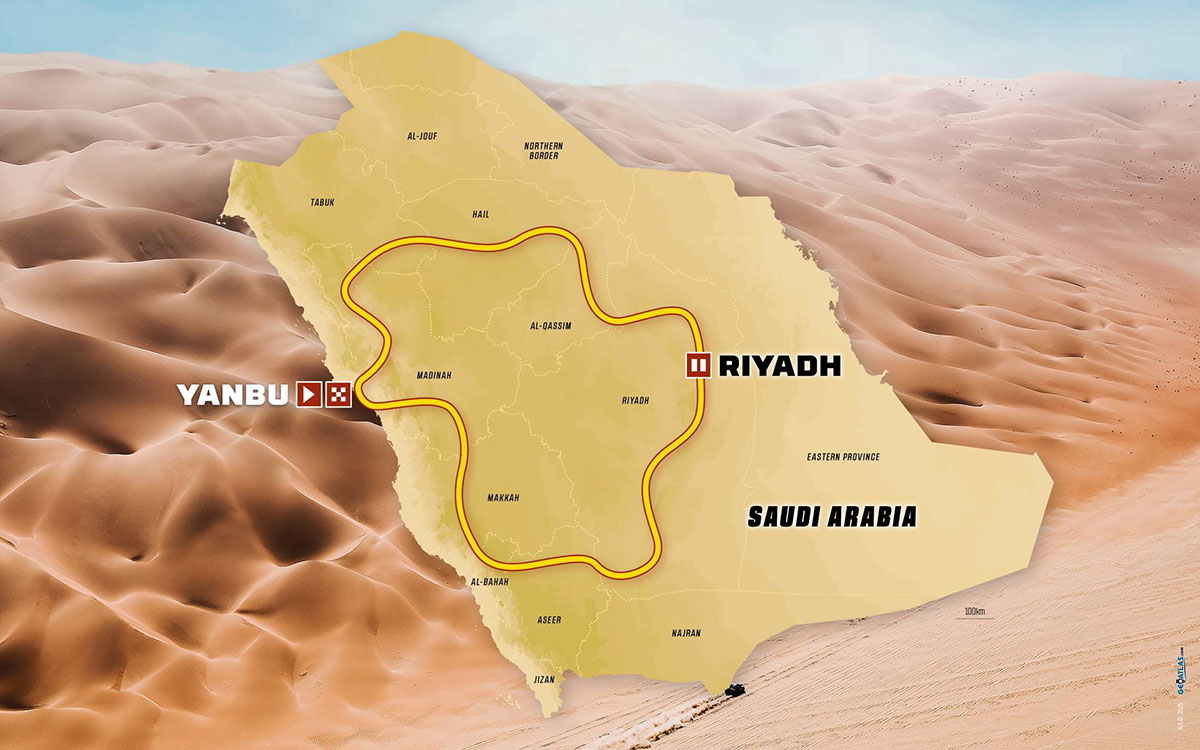
The 2026 Dakar will cover a total of 8000 kilometres, with 5000 km of competitive special stages. In a notable shift from recent editions, the 2026 route will not pass through the Empty Quarter, the vast expanse of desert known for its brutal difficulty.
Instead, the ’26 route includes two “bivouac-marathon” stages — where riders and drivers are more isolated and self-reliant — and again splits routes for bikes and cars, offering tailored challenges for each category.
The revamped course will feature 12 competitive special stages, six bivouacs, and a rest day in Riyadh, the capital of Saudi Arabia.
Key Highlights of the 48th Dakar Rally:
Two "bivouac-marathon" stages: These no-assistance stages will demand absolute endurance, mechanical know-how, and composure from the riders and drivers, who must operate with minimal gear and support.
Split routes for bikes and cars: A strategic move to improve safety and navigation complexity, offering each category tailored challenges and reducing congestion on course.
Dakar Classic continues to grow: The popular vintage category expands eligibility to vehicles registered up to 2005, and will feature a record-breaking 4,500 kilometres of special stages in 2026.
Mission 1000 returns: Dakar’s innovation hub will once again provide a platform for alternative propulsion vehicles — electric, hybrid, hydrogen — as the rally explores a sustainable future for the sport.
Opening round of the W2RC: As in previous years, Dakar 2026 will serve as the season opener for the FIM World Rally-Raid Championship (W2RC).
Photo & Video Credit: ODC Events + ASO


